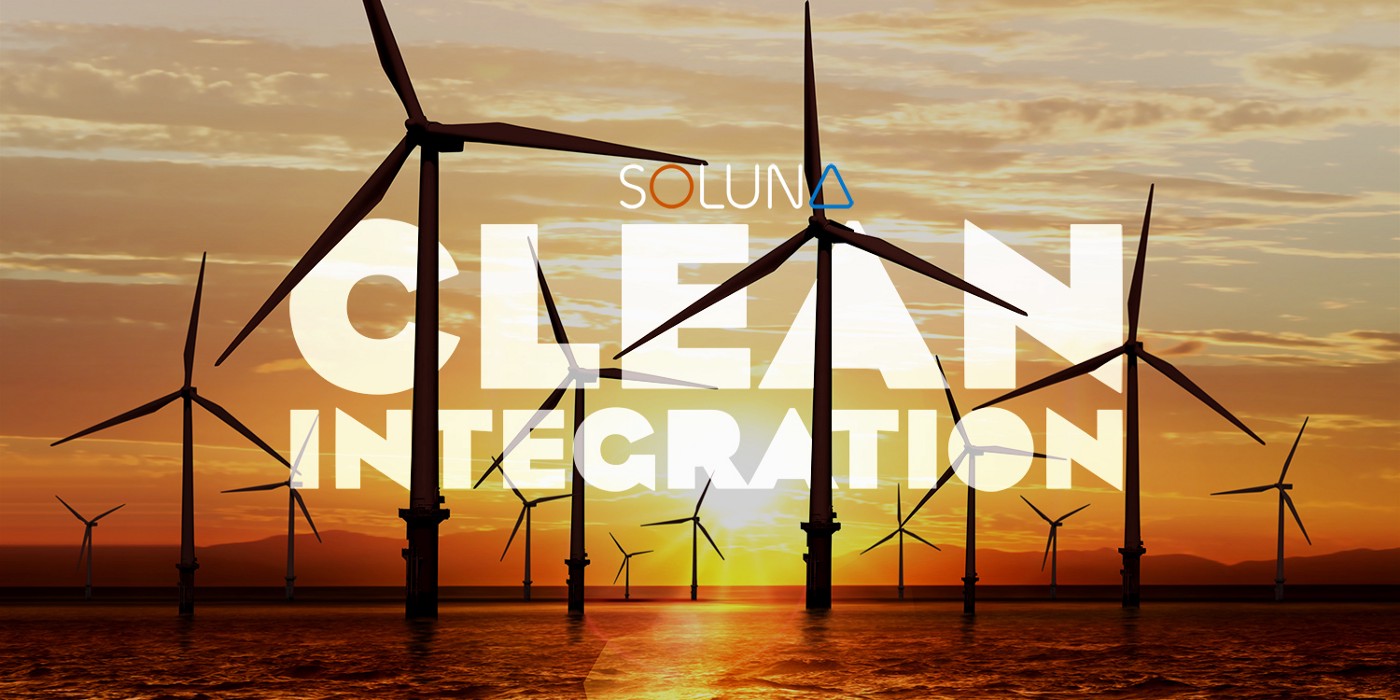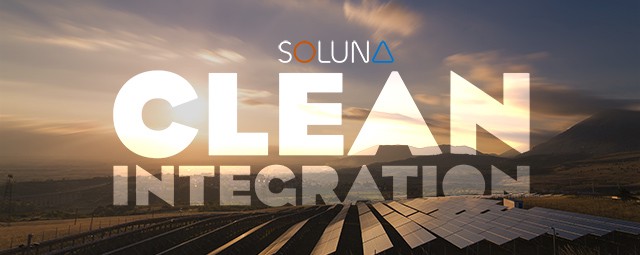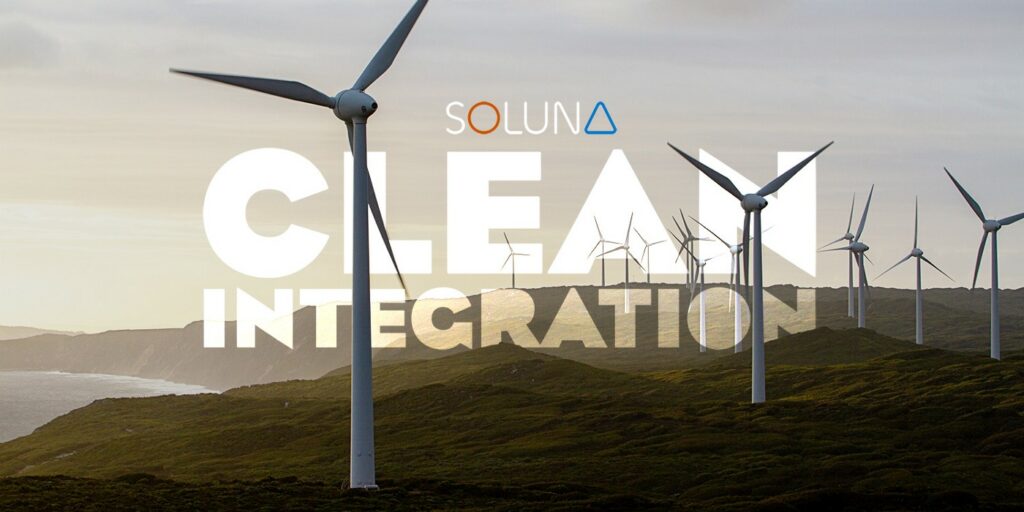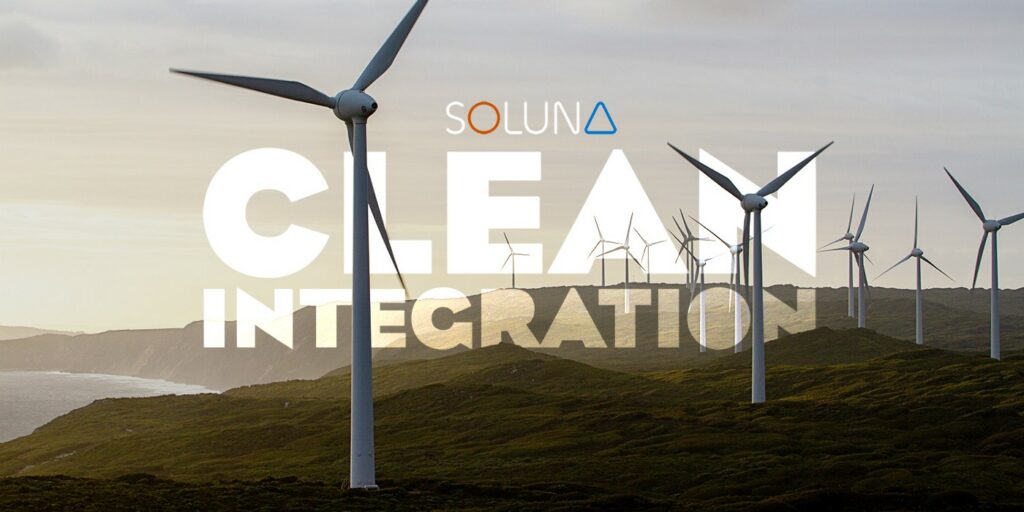This season we have spent a lot of time exploring the intersection of crypto mining and renewables. We talked about how the combination can stabilize the grid, provide clean power to the burgeoning crypto community, and help us meet our clean energy goals.
We’d like to spend more time exploring the social impact of the digital world, whether it be Bitcoin, decentralized finance, AI, or smart cities, from people who see digital solutions as a key to improving people’s lives.
Our guest today is Nino Lazariia, a consultant at Cleantech Group, a research and consulting company that tracks innovation for sustainability across the agriculture, energy, chemical, transportation, and environmental sectors. Nino works with a particular focus on digital solutions to climate change. She has worked in multiple countries on issues ranging from smart cities, the Internet of Things, AI, digital resilience, and emerging technologies.
[01:50] First we like to get a sense of our guest and your background. Would love to have you tell us a bit about yourself and your work. How did you come to the cleantech space?
Nino Lazariia: Yes, of course. I was getting my master’s in public affairs and environmental science at Indiana University, and at first, I was mostly focused on smart cities and public affairs but then later on with the climate change issues. I switched my Masters during my time at the University and added a second Masters in Environmental Science. And that’s when I got very, very much interested in the field and get to read a lot more about it. Then I decided to switch my focus from only digital to digital and climate and combine those two since those were the two main topics of my interest. And that’s how I ended up at Cleantech Group.
John Belizaire: Got it. Well, it’s always interesting to talk about cleantech technology, but what’s interesting to me is that it’s such a broad term, and plus it has a bit of a tattered history, that term. There was a big cleantech boom and bust a few years back…
[03:00] How would you define cleantech today?
Nino Lazariia: Yes, cleantech actually does have a lot of different definitions, and I think our company, Cleantech Group, defines it more broadly. It’s different sustainable innovations across different climate-related issues in all of the environmental sectors, including energy, materials, chemicals, transportation, and enabling technology as well. So a lot broader than we thought about it earlier.
John Belizaire: Interesting. When people come to you looking for solutions, are they using the term cleantech, or do they tend to describe the problem and then you find a cleantech solution to that issue in your consulting practice?
Nino Lazariia: Actually, Cleantech Group in general works on sustainable innovation more broadly, and clients often do come with some understanding of climate tech issues or cleantech issues or just broadly just climate change-related issues. And then we try to help them realize what exactly they want to do across those sustainable innovation sectors.
[04:30] What do you see are some of the major upcoming trends in cleantech?
John Belizaire: What are some of your clients talking about, and what particularly around the growth sector and new industries are you leaning into in the cleantech space?
Nino Lazariia: Yes, that’s a great question also, because we have just recently published the Quarterly Investment Monitor Insight for the last quarter, and I do have some data, some numbers for you I thought might be interesting. In this last quarter, $10.3 billion were invested across 375 deals. Some of the major themes were electric vehicles, charging, energy storage, and indoor farming, by the amount of dollars invested, as well as alternative protein, energy storage, and electric vehicle charging, by the number of deals. So it seems like EVs are still a very, very big topic, as well as the energy and food sector.
And particularly in ag and food, indoor farming has the largest share, 25% of venture funding. Out of it, $310 million were raised in Series E by greenhouse operator Gotham Greens, which is a New York-based indoor farming pioneer. Another very interesting deal is in resource and environment, which was raised by Xpansiv, which is a global market infrastructure for managing and trading, and reporting data-driven environmental commodities. It’s a very, very interesting and very fast-paced growing field for sure.
John Belizaire: Interesting. I’m a big fan of the Gotham Greens. It’s one of the ones you mentioned that received a pretty big slug of capital. It’s amazing what they can do indoors. And there are a few restaurants in New York, where I’m based, that also use essentially indoor micro farming to source their quote-unquote “farm to table” recipes. People don’t realize, but the farm is quote-unquote “downstairs in the basement.” It’s pretty amazing. That whole concept of farming in an industrialized way but inside is a fascinating thing to me, and it’s become a scaled, almost robotic process.
The other comment I want to make is $10.3 billion is a big chunk of money and the fact that a majority of it is still going to EV charging. Some people believe that while electric vehicles, if we can get to massive degrees of penetration, it will certainly have an effect, but there’s so much infrastructure that needs to be built for that to happen that it seems still far away. What’s your take on that?
[07:30] What’s Cleantech Group’s take on the EV market, EV charging, and its potential effect on change to the climate issues that we’re having?
Nino Lazariia: Yes, that’s a good point. I do think that it seems like electric vehicles are taking a lead across all sectors in climate-related issues, and I don’t think that it’s necessarily a bad thing, because it also allows other sectors to grow. It allows the industry, in general, to grow and come up with new players and thus be a pioneer in the field. I did read a lot of reports where it says that it is an overheated industry with a lot of players and a lot of money, whereas there are some other, a lot more interesting areas or sectors, where the money’s more needed rather than just only in EVs or EV charging. But I do still think that it is important to invest and to lead on those, so I do think there will be a lot of benefits from EVs in general.
[09:00] One of your clients is UNIDO. Can you tell us a bit about UNIDO and the work you’re doing for them?
John Belizaire: It’s the United Nations Industrial Development Organization, as I understand it, and they’re focused on helping countries get their arms around their climate activities, it looks like.
Nino Lazariia: Yes, correct. We are working with UNIDO on strengthening innovation cleantech ecosystems across nine countries, including policy aspects, increase in internal connectedness, and cleantech cluster development with the countries. It’s a very interesting project where we analyze what are the countries doing, what’s the current status, and what can be done to further develop the cleantech ecosystem in those countries.
[10:00] What do you think are some of the top digital solutions that will help alleviate poverty and improve the circumstances in some of these developing countries that UNIDO focuses on?
Nino Lazariia: Yes, it’s a great question also, because one of the exercises that we are doing as a part of this project is cluster mapping, where we’re trying to track cleantech activities in terms of where the startups and accelerators are. The risk capital is located in universities, and what are the key sectors? And we saw that a lot of innovation in those countries is around waste management and clean energy production. In waste management, digital technologies help to facilitate waste collection and recycling, whereas, in clean energy, countries are trying to use clean sources of energy as well as increase the efficiency of its use.
Some of the examples include mapping and using visualization tools to reduce the impact of climate change in developing countries since those can provide information about extreme climate events and help them to increase decision-making. And then another great report was written by Project Drawdown which is called Climate-Policy Connections. They show that climate mitigation and socioeconomic development can be achieved simultaneously, where they are making a case for strengthening the evidence of the impact of climate solutions on human well-being. So I think overall it’s incredibly powerful to see so many startups in climate that are helping to not only solve climate change solutions but also eliminate poverty and hunger through those solutions.
John Belizaire: Yeah, it’s always interesting to see how people are approaching these ideas in developing countries. They tend to be under-resourced, and not have the ability to do that, and so they create an organization that’s specifically focused on bringing resources to these countries, which I think is really fascinating.
[12:00] Now, do you think AI, IoT, and other digital technologies, things as crypto, for example, have a role in playing social good these days?
They’re such new technologies, and AI in particular has a somewhat negative connotation to it sometimes, but do you think they can have a role to play in just social good in general, and how so?
Nino Lazariia: Definitely, and we see a lot of new players coming in. And since this field is very fast-paced, those solutions are developing very fast. For example, crypto has a role in carbon trading. There’s a company called KlimaDAO, which is a decentralized autonomous organization that takes carbon credits and converts them into digital tokens and then converts tokens into Klima, which is another cryptocurrency. And then each Klima is intended to represent at least one metric ton of carbon credits. So that’s a very interesting solution.
But of course, it’s important to keep in mind that if data centers that are needed to operate those things are not set up properly that they can end up producing more issues than they’re solving, so it’s always important to make sure that the setup is right. But another example is CarbonX, which is a developer of a peer-to-peer carbon trading platform that uses blockchain technology. So we do see that crypto and AI and IoT do play a role in social work for solving climate change problems, and it’s fascinating to see how we can use those technologies and elevate them.
John Belizaire: I’d like to start talking about just cleantech stakeholders. I think that cleantech is one of those things where you can’t just do it essentially bilaterally. There are so many parties involved, generally speaking.
[14:30] How do you manage bringing different stakeholders to a metaphorical table, let’s say, whether it’s executives, investors, legislature, or scientists? There’s so much involved. How does Cleantech Group do that?
Nino Lazariia: Yes. Cleantech Group actually runs different forums that bring all those stakeholders together. This year we already had four. All of them were in person. One in January was in Palm Springs, and then we had one in March in Edinburgh, later on in Singapore. And just last week we had one in Brussels. I think it’s a great way to connect the main players so that they can learn about new technology and trends that are upcoming, and also they can share some insights as well as some lists of books and articles that they read and you want to read after the conference.
John Belizaire: Earlier you were giving us your background, and I know from our research and your background that you did a master’s in both PA, public affairs, and environmental science, which is an interesting combination, although very apropos these days.
[15:30] How do you think your University experience has shaped your work at Cleantech Group?
Nino Lazariia: I think a science degree helped me to have the background knowledge of climate technologies and what are some of the problems that we have, and just for myself to realize what solutions we might need to solve them. And then the public affairs side helped me to understand the policy process behind the laws and country strategies that we need to analyze. Having those two combined gives you a more broad perspective on the issues.
John Belizaire: Some time ago Google had an initiative. I believe it was just outside of Toronto. They were going to essentially build a city from scratch that was smart, and they had a number of different initiatives involved in that. Part of it was the grid infrastructure of the city. It ended up running into a number of roadblocks, but smart cities are still one of the tools that climate activists and technologists are looking to help address climate change.
[16:40] You mentioned a particular passion for smart cities as we were preparing for the show. Can you talk more about what that is for listeners? What is a smart city, and how does that play in the grand scheme of cleantech and environmental action?
Nino Lazariia: Yes, definitely. I think as you mentioned, yes, I was always very much focused and interested in smart cities and tech, and I found it really interesting to see how tech can help in decision-making for different cities as well as in reducing inefficiencies and using creative solutions. My favorite example is this program that is set up in Singapore that lets seniors swipe a card at an intersection so that the signal will give them extra time to cross the street. I think it’s the attention to detail and efficient and creative use of tech that makes those decisions beautiful and easy to use and makes life for people easier in those cities. But yeah, smart cities and municipality that uses ICT technologies to increase operational efficiency and share information with the public can both improve the quality of government services as well as the citizen welfare.
John Belizaire: What do they do special? What types of considerations do smart cities take that can be grid-enhancing if you will?
Nino Lazariia: I was going to say, the IoT sensors enable smart grids to control energy loads, which can help shift energy supply in times of peak demand. And that’s one of the very interesting solutions, where smart meters can enable citizen utilities to better align energy supply and demand, and also provide efficient transmission of electricity when it improves reliability and safety of it, as well as reduces operations and management costs. So lower costs for consumers.
[19:00] How do you stay motivated or inspired in the hard fight against climate change?
John Belizaire: I mean, you look at COP27, it was sort of demoralizing when they came out saying, “I don’t think we’re going to get to 1.5, maybe 1.7 degrees now.” How do you stay motivated and driven around the fight?
Nino Lazariia: Yes, I think also talking to people like you, people in the industry that are very motivated. And one of the things actually that we’ve discovered when we were looking, what is so interesting about cleantech, how is it different from any other sector, is that a lot of people are very self-motivated and very much have this huge passion in solving the world and helping to find the best solutions to make the world a better place. So everyone has this mission within themselves to make a difference or at least to be able to somehow provide a small part of their work to make it a better place. And I think talking to people like that and getting inspired from them, from their work, is something that definitely also drives me and inspires me to work in this field.
John Belizaire: Fantastic. We’re recording this toward the end of 2022. It’s been a really interesting year in many respects.
[20:40] Any predictions you have for next year, something you’d love to see come true in the coming year?
Nino Lazariia: I think a lot more people will be switching their jobs to climate. Also taking very recent layoffs in tech, I think a lot more people will have an opportunity to take more attention and put their knowledge and skills into the climate field. And I do think a lot more technology around cleantech and climate tech will be coming up, so that’s very exciting in general to see those new technologies rolling out and coming up with new things. And I do hope that we will have a more positive impact made, less CO2 emitted. We’ll see how that goes.
LEARN more by visiting Soluna’s NEW Resource Center.
WATCH our latest updates and insights on YouTube.
FOLLOW us on Twitter and LinkedIn to continue the conversation.
LISTEN to our podcast Clean Integration where we cover this topic and many others. Be sure to leave a review and rate us!
SUBSCRIBE to our weekly newsletter.




